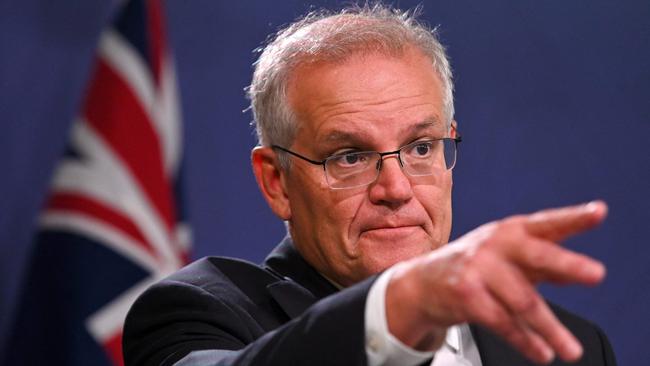
At the heart of it is a political dynamic that dramatically altered the 2001 election debate between John Howard and Kim Beazley.
No one is drawing an equivalence between the events of 9/11 and a potential war in eastern Europe, as devastating as that would be in human costs, not to mention the reshaping of the great power competition.
Yet Morrison has sought to link Russia and China as a new axis of aggression that threatens global and regional security.
This is both a national interest imperative and a domestic political gambit.
The events of Tampa and 9/11 that led to Howard’s third-term victory 20 years ago may have been more shocking and profound – September 11 was an event that changed the world. But the political debate now unfolding and the domestic electoral schism in which it occurred have striking similarities.
Howard’s satisfaction levels in August 2001 were similar to Morrison’s now – minus 12 compared with minus 16. Howard had dropped to as low as minus 22 in the months prior. He was deeply unpopular.
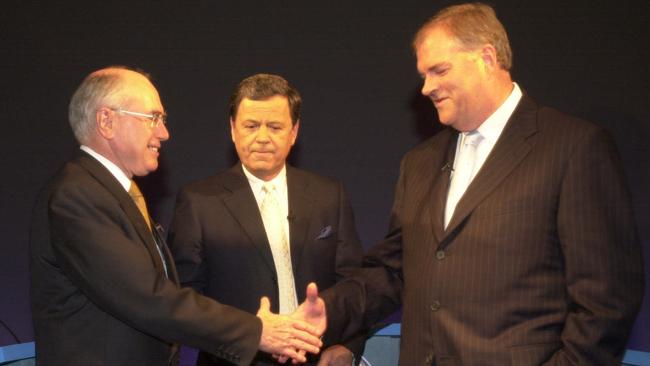
Beazley, who was running a similar small-target strategy to Anthony Albanese, was hovering between slightly negative and neutral, similar to the current Labor leader’s position.
Howard was only five points ahead of Beazley as preferred prime minister in August – the same margin Morrison holds now over his rival.
While the Coalition’s primary vote had begun to improve by August, by the time of the Tampa affair, in May 2001 it had dropped to as low as 35 per cent compared with Labor’s 45 per cent. This was arguably a worse situation than the Coalition’s current 34 per cent, with fewer fringe parties back then pulling at conservative votes.
This inevitably led to an overconfidence within Labor that it would win the election. That was until international events – namely the war on terror – intervened to catapult national security to the forefront of the political debate.
The polls turned in Howard’s favour and he went on to comfortably win an election that only four months earlier, he had little prospect of winning.
In his pre-election speech, Beazley acknowledged the challenge he had been handed, at pains to point out that Labor was on a unity ticket with the Coalition on national security.
“There is no difference between the parties on this,” he said at the time.
Albanese finds himself forced into a similar refrain heading into the 2022 election campaign. Morrison’s framing of Albanese as weak in the current context has come late in the cycle but no later than the events that conspired to undermine confidence in Beazley as an alternative prime minister when he had been the preferred one months earlier.
Albanese’s predicament has an echo of Beazley’s dilemma.
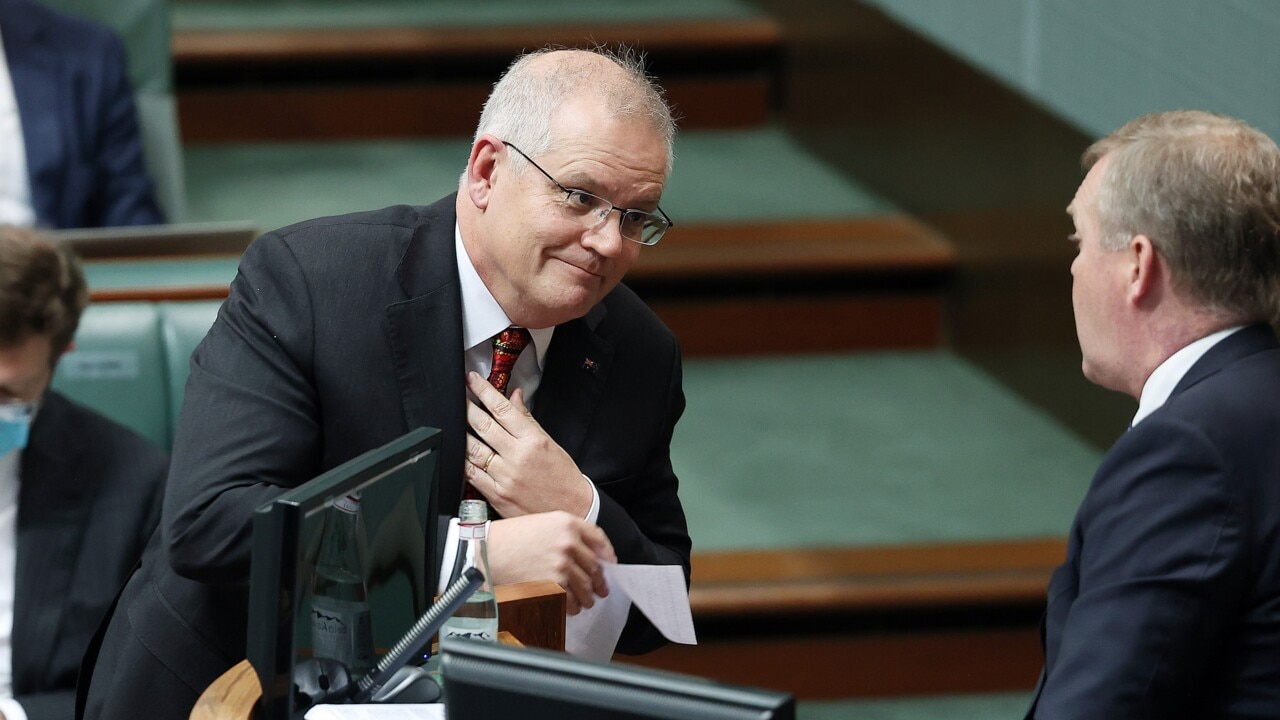
Howard’s characterisation of Beazley as having no “ticker” was devastatingly effective.
Morrison is now seeking to portray his rival in a similar fashion in the milieu of China. He will likely refrain from this tactic in the context of an imminent Russian invasion of Ukraine. But he doesn’t need to. It will become a natural extension of the framing of Albanese as not having any credentials in a national security portfolio. Having thrown a rock in the pond last week, Morrison is hoping the ripple effect does its work.
Albanese finds himself forced to recalibrate his campaign to demonstrate he too is a safe pair of hands and in lock-step with the government.
Morrison is making a case for stability as paramount to the national interest in dangerous and uncertain times, leaving Labor to make the case for change based on domestic priorities. The success of such a strategy will depend on the level of people’s concern about the unfolding events, set against their circumstances.
The contest now has more in common with 2001 than perhaps any other, with petrol prices and the economy being the defining issues before the national security crisis.
The level of public anxiety about Covid-19 is already starting to wane. By the time of the campaign proper, it may no longer be the dominating issue.
Cost of living is likely to dictate the domestic political battle.
Whether the times favour Morrison, as they did Howard two decades ago, remains to be seen. Beazley failed largely because such was the global shock of 9/11, and the threat of terrorism that arrived on Australia’s doorstep, that Labor had no chance of steering the debate back to domestic issues – such as job security and aged care. (Just as Albanese does today, these were key issues Beazley had campaigned on then.)
The unfolding international events are not without political risk for Morrison, however.
The gravity of the situation that he now presents demands that he be seen to be acting in the national interest rather than taking pot shots at the opposition.
More Coverage
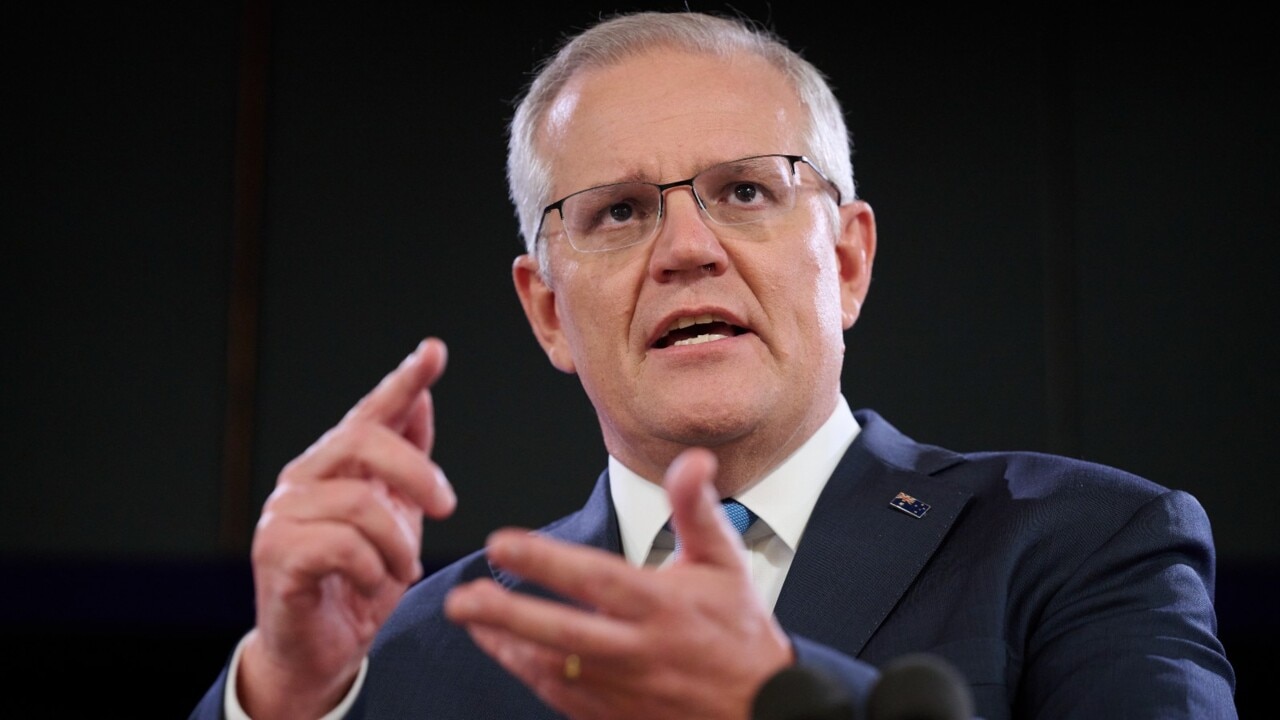


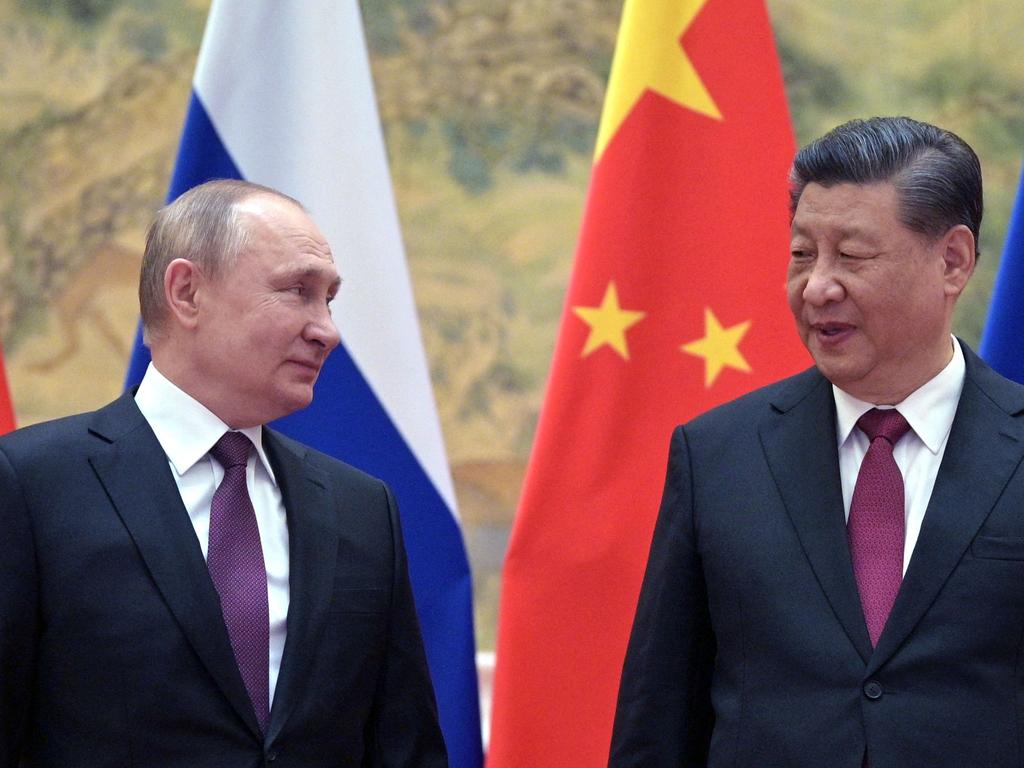
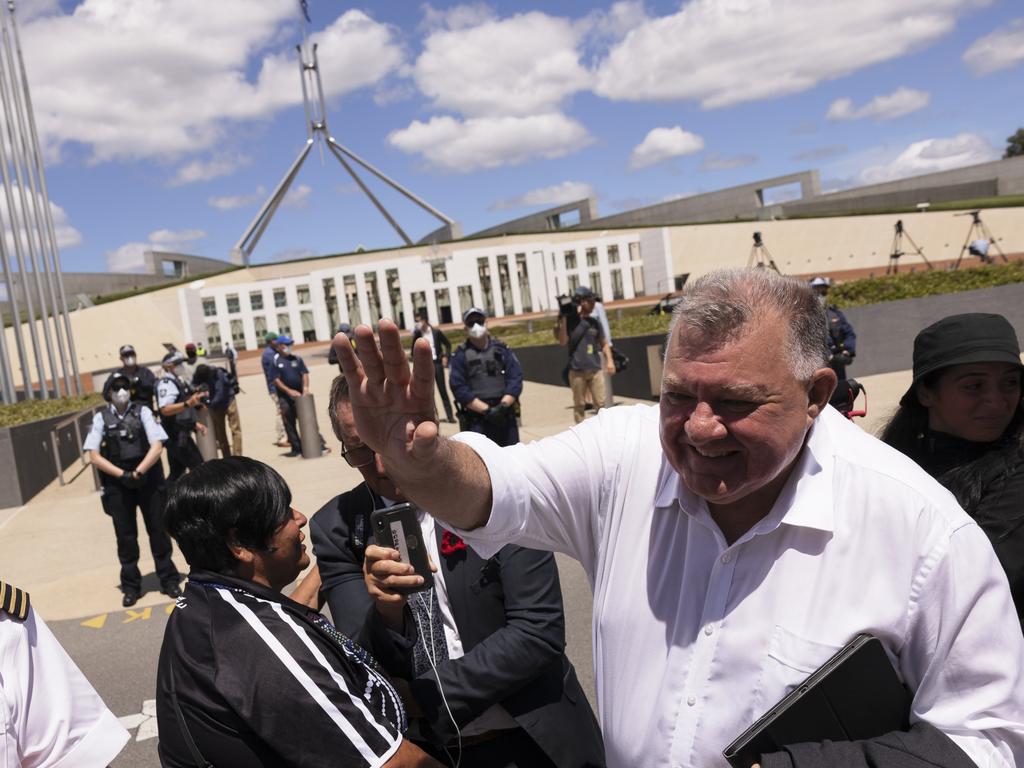
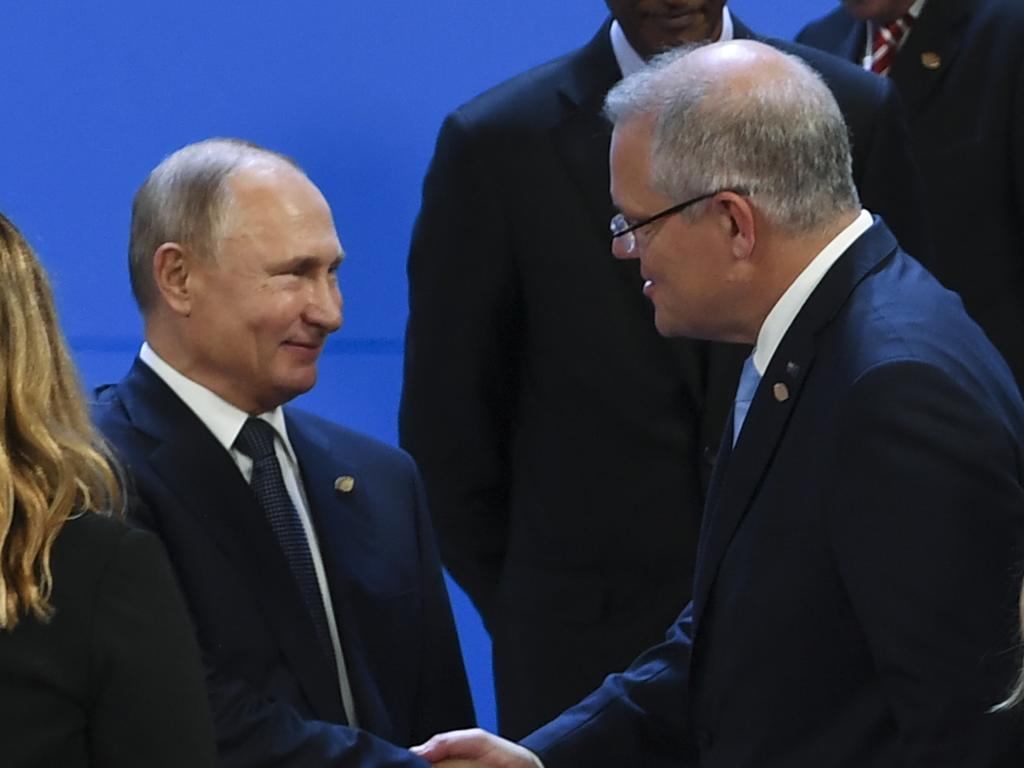



The imminent threat of war in eastern Europe, Chinese aggression in our region, and Scott Morrison’s framing of both as national security threats, are rapidly reshaping the Australian electoral contest.